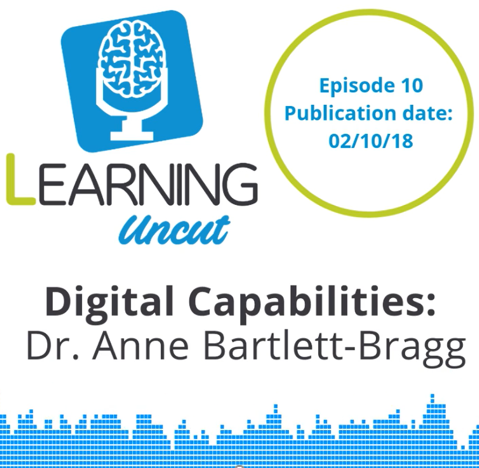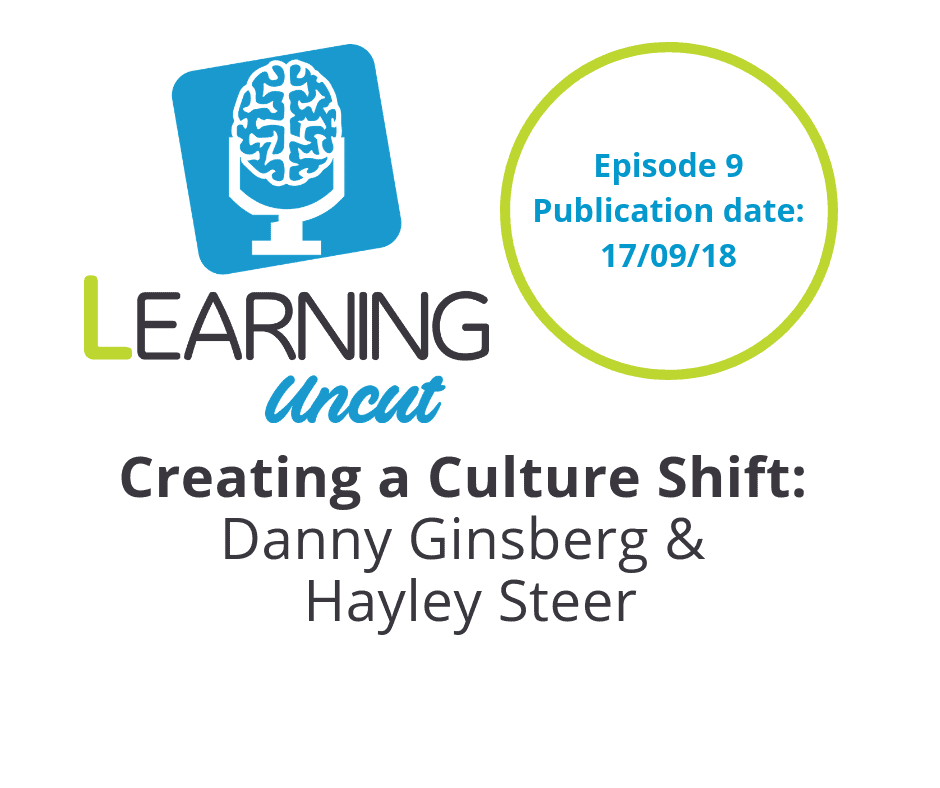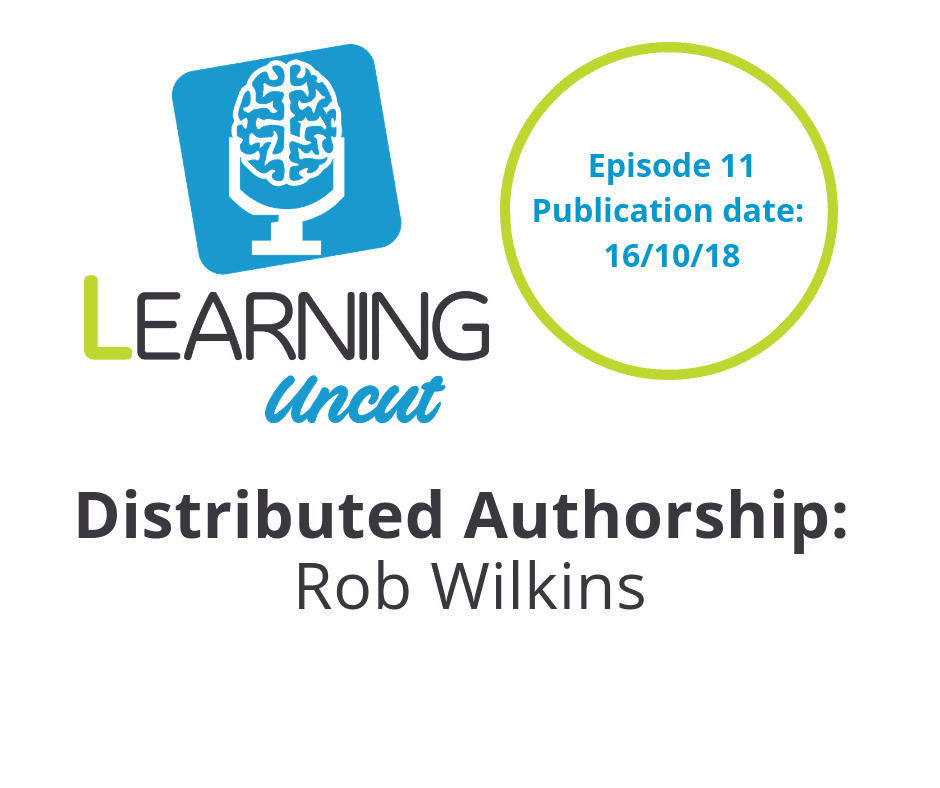10: Digital Capabilities – Anne Bartlett-Bragg

Show Notes
Digital literacy is not a new concept having been widely researched since the mid-1990s. Yet the definitions remain contested and can extend to include socio-cultural and political dimensions. Current perspectives are willing to accept that digital literacies exist as a plural phenomenon inclusive of information literacy, computer literacy, network literacy, and media literacy. However, it must also address the basic skills required to address new ways of learning and working in an increasingly complex digital environment.
The evolving digital capabilities contained in the framework are not about the technology; they go beyond skills sets to be mapped against competency frameworks. They exist at the intersection of people and technology, work and learning. They evolve as an organisation or institution transforms its foundational elements of being in business – how people interact within the organisation, how learning is embedded, how work is organised, and how information is shared. Digital capabilities are both personal and collective; they belong to you and your learning context.
The digital capabilities framework is based on outcomes from doctoral research and developed through engagement with professional educators in organisational learning. It provides guided pathways through scenarios that aim to support people being able to learn and perform effectively in the fast-moving, complex digital world that is shaping new realities of learning.
Resources

Michelle Ockers

